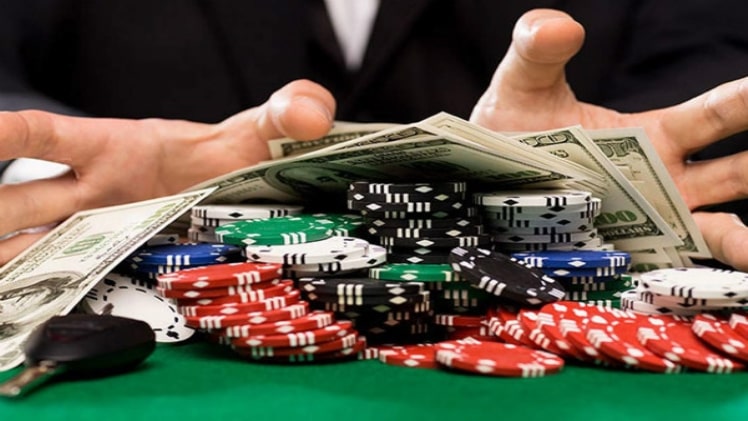People saw the Remote Gaming Act after the Senate passed it. It came out on February 19, 2019. The law will be changed to play casual games from home. These, on the other hand, don’t work. Each type of gambling, like sports or casino games, will need a different type of license. If you want to play games like bingo with low odds or bet on sports, you can’t do that in these two groups. You can’t play poker or casino games, but you can play games like super double-play bets or live bets on sports. To allow fantasy sports and e-sports, you need to bet on virtual sports (with a random number generator known as casino games).
Gambling laws and rules
Gambling rules are based on the legality of illegal offers, which may require a “channel.” However, certain types of monopolies were used to keep operators from competing with each other so that people didn’t use too many gambling services. Legislative documents say that money-making is a big motivator before events like sports. Remote gambling licenses will not be limited, but strict rules will be implemented to achieve the same regulatory goals. In the same way, the state-owned casino operator’s monopoly on casino gambling and privatization was also broken. Another central axis of change. However, the privatization plan was scrapped in May 2019 after the Senate said it didn’t want it. Gambling that is exported has not been proven to be a good idea by science.
The private sector as well as the government
State-owned and private businesses are working together in the Dutch gaming ecosystem right now. These businesses work together in clearly defined areas of the ecosystem.
The sound causes lottery, the slot machine industry, and the horse-racing totalizer have room for private operators to start their own business. Non-causal lucky game licensees are private people (lotteries for good causes). Profit-making operators are not allowed. Only people who run slot machines can make money for themselves.
There are a lot of state-owned operators that serve most of the city.
There are state lotteries, sports bets, and instant lotteries at the 14 current casino sites run by the Holland Casino and others under the Nederlandse Loterij umbrella (scratch cards).
It was predicted by de Lotto that Dutch lotteries would be set up in April 2016, as well as the strike of the joker. Staatsloterij, on the other hand, is run by the government. Because of this, there are now more game operators in the state than there were before this.
Territorial fights
The Gambling Authority of the Netherlands is the only person who can permit gambling establishments in the Netherlands. Gaming and slot machine operators’ licenses are also in the database so that you can look them up. By local law, local municipalities have the power to issue and prohibit certain places in their jurisdictions (e.
g., a cap on the total number of venues, opening times).
Gambling on the other side of the world
In other words, it is against the law in the Netherlands to offer any gambling that is not legal. In this case, it doesn’t matter where the money comes from because the contract is a waste of time. It doesn’t matter if the contract comes from inside or outside the EU/EEA as per bob casino bonus.
A licensing system for remote casual games was first put in place by the Netherlands, which targeted Dutch operators to funnel about 80% of the domestic operating market through them. However, since the end of 2018, more attention has been paid to the law.
In May 2017, the Gambling Authority sent out a press release about a significant change in its policy. June 1, 2017, the new plan will be made public. Under Dutch law, the offer is still illegal, but only the threat of prosecution makes people less likely to follow through. In 2020, the Remote Gaming Licensing System will be put into place because of a legislative backlog. As a result, the desired results can still be achieved in case of flash casino.

